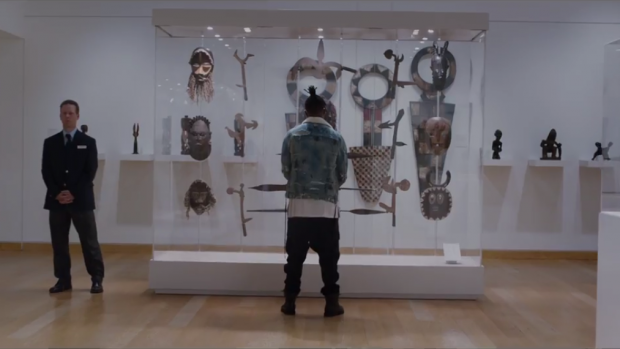Micro-inequities
Some truth bombs for you...
As I looked around the boardroom of deadpan faces, it appeared that my great idea had fallen on deaf ears.
No one looked up or even acknowledged it.
In fact, the discussions carried on as if I had never said anything at all.
“Hmmm, weird, perhaps it wasn´t such a great idea after all…” I thought to myself and buried my head in the report we were discussing.
10 minutes later, some white guy (let’s call him Steve) shares his big idea.
My mouth dropped open. It was exactly what I had said just minutes before.
I waited for him to also be dismissed but no, turned out, they LOVED “his idea” and were champing at the bit to implement it.
Frustration and anger rose to my throat as I internally battled how to handle the situation.
But before I could say anything, a white woman next to me, whom I’d never met before, said:
“Yes Steve, that’s a great idea. But it was also a great idea 10 minutes ago when Melissa suggested it.”
YES! Yes, it was!
Thank you ally.
Because you know
such a “small and tiny” incident can have an almighty impact in many ways.
Let's break it down.
Firstly, it could have knocked my confidence so badly that I stopped speaking up and sharing my opinions at work. That would have a direct impact on my opportunities with the company, not to mention the destruction of my happiness and personal development.
Secondly, Steve would get the credit for my “great idea” — maybe it makes the company thousands of dollars, he gets promoted, is now running a team, and enjoying all the benefits that come with being seen as an innovative thinker.
This story
is the perfect example of micro-inequities — small, covert, and subtle behaviors that overlook, single out, or discount someone, based on conscious or unconscious biases against characteristics like race and gender.
You can’t normally take legal action against them, despite being very common and very harmful.
Because here are some truth bombs…
💣 Black or Brown employees have to repeatedly prove their capabilities while white employees are more likely to be evaluated by their expected potential (read
this
article on why organizations need to be restructured for racial justice)
💣 African American employees are more scrutinized by bosses than white employees, which means that small mistakes are more likely to be caught. Over time this leads to
worse performance reviews, lower wages, and job loss (reported by the National Bureau of Economic Research -
click
here to read the full story)
So I say, DO sweat the small stuff, *|FNAME|*.
Because when it comes to racism, the small stuff has huge consequences.
The throwaway comments, the quick dismissal, or not saying anything at all.
These micro inequalities are unfairly holding people back, unjustly accelerating others, and polluting the workplace environment which essentially leads to employee dissatisfaction and high turnover.
And honestly, this is my WHY.
It’s why I get up every day to lead diversity, equity, and inclusion workshops at schools and businesses across the country. It’s why I do what I do.
Because if we can start to fix the small stuff, we are contributing to the big picture stuff.
What do you think? Have you noticed any micro-inequities at your workplace?
If you’re unsure how to handle it, or don’t know where to start, drop me a reply and I’ll be happy to see if I can help you.
Warm regards,
Melissa
PS Want to know more about my workshops that help workplaces break down micro-inequities and become more actively anti-racist? ⬇️⬇️⬇️
➡️
Click here if you work at a school
➡️ Click here if you work at a museum or cultural institution
➡️
Click here if you work for a corporate business or non-profit










